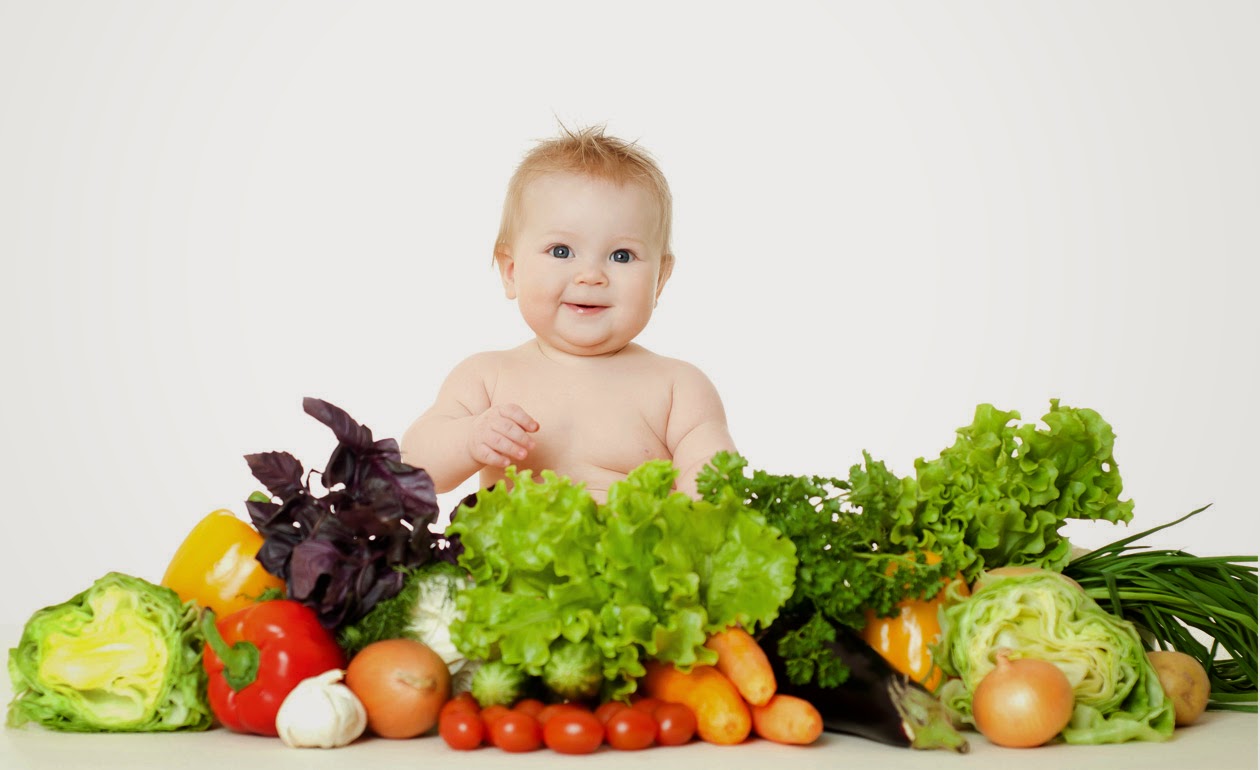When it comes to vegans having children, it seems like everybody has an opinion. However, public commentators on the politics of vegan procreation are disproportionately men. This suggests to me that the critique of vegan parenthood may be bound by the patriarchal sexual politics of vegan activism.
As I have published elsewhere, women’s bodies are systematically objectified and exploited for vegan protest in two ways. First, female activists are utilized in degrading protests that highlight their lower status and sexual availability. Secondly, female consumers are targeted and derided as the primary contributors to violence against animals. The disparagement of procreation, I suspect, simply acts as another channel for men’s suppression of female autonomy.
What is Anti-Natalism?
Vegan anti-natalists may oppose procreation on two fronts. First, having children is seen to be morally problematic given the inability for children to consent to be born. This approach also presumes that life inherently entails great suffering at the individual level. Second, anti-natalists argue that it is unfair and unethical to burden the planet further with resource-needy human beings. Although the first argument–that life entails suffering–persists in vegan circles, it is primarily the latter argument–that humans should not burden the earth by multiplying–that predominates in the discourse.
As I explore in my book, A Rational Approach to Animal Rights, overpopulation rhetoric frequently operates as code for stereotypical thinking and discriminatory actions against women, specifically poor women of color living in the Third World. Most Western vegans think about overpopulation in “other” countries as abstracted and distant. But women in the movement are reachable and preachable. Subsequently, it is exceedingly common for male movement leaders to chastise their female audiences for considering procreation. Although men certainly exist in activist communities, too, about 80% of the Nonhuman Animal rights movement is female-identified. Its leaders are disproportionately male. Thus, the procreation discourse is, by default, mostly men talking to mostly women.
Vegan Sexual Politics
This essay is not intended to delve into the morality of having children. Instead, I want to highlight the explicitly gendered nature of the procreation debate. Although the vegan movement touts bodily autonomy for Nonhuman Animals, it strangely avoids granting the same principle to women. Consequently, women are chastised for wanting to procreate. It is this patriarchal denial of bodily autonomy which I suspect undergirds the vegan anti-natalist position. After all, many men in the radical wing of the movement also chastise women for wanting to abort (which they frame as violence against a vulnerable body).
Although veganism is a movement for animal autonomy, within the Nonhuman Animal rights movement, men maintain institutional and interpersonal control over women’s bodies. Men, who predominate as leaders and influencers, are largely responsible for dictating what is considered appropriate protest behavior. Their anti-natalism rhetoric is simply an extension of this patriarchal control. It also exemplifies men’s perceived expertise on issues not related to or only indirectly related them. Most fundamentally, it demonstrates a patriarchal entitlement to women’s behavior and discourse.
What about Adoption?
Sometimes, vegan anti-natalist opinion leaders tout adoption as an alternative (just as vegans promote adopting dogs and cats rather than purpose-breeding them for companionship). Adoption, of course, is a prosocial behavior and should be embraced and celebrated. Yet, there is an element of objectification in adoption discourse and practice. Adoption is presented as a sort of savior behavior. The adopter class is valorized, while the adoptee class is subjugated and reified.
Furthermore, the exploitative nature of adoption industries is well documented. Many families are forcibly or coercively separated so that corporations and charities can obtain the requisite number of adoptable children. In many social realms, adoption is a highly lucrative industry.
Finally, adoption is a privilege. It is not a form of parenthood that is equally accessible to all. Parenting requires considerable financial investment. The relative poverty experienced by many adults in the 21st century makes adoption untenable. Parenting also entails considerable physical and psychological investment. The capability of meeting these requirements varies considerably.
To procreate? To adopt? These are relevant philosophical questions that social justice movements rightly contemplate. However, the gendered structure in which this discourse takes place must be examined.
A version of this essay first appeared on the Academic Activist Vegan on September 23, 2013.

Readers can learn more about the vegan politics of procreation and gender in my 2016 publication, A Rational Approach to Animal Rights. Receive research updates straight to your inbox by subscribing to my newsletter

